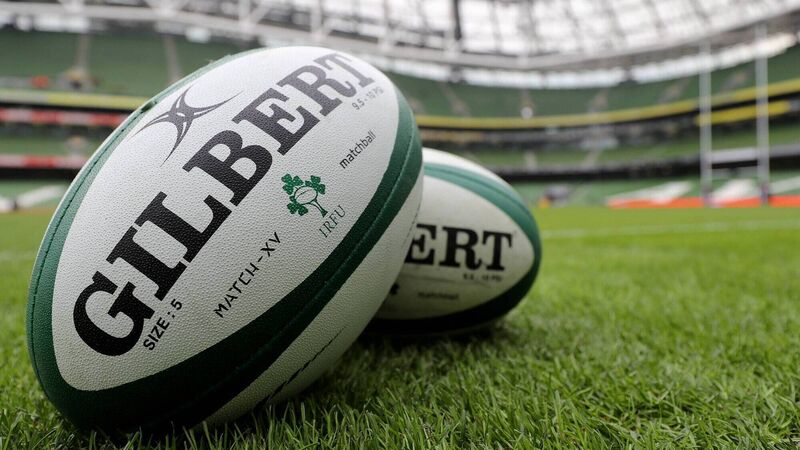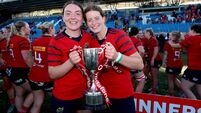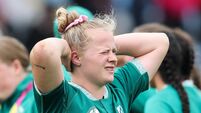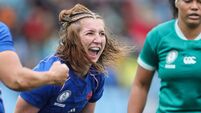Dr Katie Liston: Now is the time to work for a future where desire for equality overcomes will to power

To any sports buff, the players’ letter speaks to authenticity. The IRFU’s response to it? Attempting to deal with ‘facts’, insipidly corporate and vaguely paternalistic. Picture: INPHO/Dan Sheridan
The recent letter from 62 current and former Irish women’s rugby internationals to government, copied to the IRFU and sponsors, Aon, was gut-wrenching and honourable in equal measure. It bore the hallmarks of parrhesia — speaking frankly — and it roused more questions than answers.
Why did the group feel that course of action was one of only a limited number of options? Players have already exited the international squad, some relatively early in their careers, raising concerns about the ways in which the power of selection and deselection might have been, and will be, wielded. And the signatories have now expressed a clear collective voice. How many in the IRFU have been genuinely prepared to listen, not just during the most recent campaigns but since the disappointment of the 2017 home World Cup? How open has the IRFU been to feedback on its organizational practices affecting the women’s game and of their impact on and off the rugby fields? How many players really have a voice? What are the channels and opportunities for communication with them? And what, if anything, changes as a result of speaking up? The critical question now is whose truth will out, in what form, and how?















